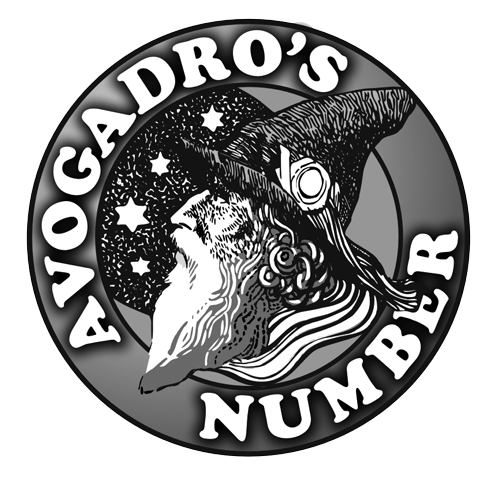Putting on a Production
The Dramaturgy Behind “Natural Shocks”
More work goes into a production than audiences may realize. Along with the creative collaboration between the director, the actor, and designers, there exists another piece of the artistic puzzle… the dramaturg. The dramaturg researches the historical and literary background of the production to help the entire artistic team have an in-depth and accurate understanding of the text and contextual meanings. The work and research of a dramaturg can vary from script to script, depending on the story and when and where it takes place. Their research can vary from in-depth historical research, to listing a glossary of words and definitions that may not be automatically known, to peeling apart the double meanings a script might contain, and so much more.
Meet OpenStage’s Dramaturg
 Corinne Weiben recently directed The Mystery of Love and Sex for OpenStage Etcetera and appeared as Dromio of Ephesus in The Comedy of Errors, Elizabeth Proctor in The Crucible and in the ensemble of Monty Python’s Spamalot. Other recent performances include Fanny in Bas Bleu Readers Theatre’s On the Verge and Clytemnestra in Electra at Front Range Community College. In addition to her Colorado appearances, Corinne has performed with numerous companies in her home state of California, including The Central Coast Shakespeare Festival, San Luis Obispo Repertory Theater and The Great American Melodrama and Vaudeville. Favorite past roles include Titania in A Midsummer Night’s Dream, Becky in Becky’s New Car and Agnes in A Bright Room Called Day.
Corinne Weiben recently directed The Mystery of Love and Sex for OpenStage Etcetera and appeared as Dromio of Ephesus in The Comedy of Errors, Elizabeth Proctor in The Crucible and in the ensemble of Monty Python’s Spamalot. Other recent performances include Fanny in Bas Bleu Readers Theatre’s On the Verge and Clytemnestra in Electra at Front Range Community College. In addition to her Colorado appearances, Corinne has performed with numerous companies in her home state of California, including The Central Coast Shakespeare Festival, San Luis Obispo Repertory Theater and The Great American Melodrama and Vaudeville. Favorite past roles include Titania in A Midsummer Night’s Dream, Becky in Becky’s New Car and Agnes in A Bright Room Called Day.
Corinne studies gender, violence, and law in medieval & Renaissance Italy and is currently an Associate Professor of History at the University of Northern Colorado. She is also the creator and host of Enchanted, an episodic podcast on the history of magic, sorcery, and witchcraft. Dr. Wieben holds a B.A. (2001) in Medieval Studies from the University of California, Davis and completed an M.A. (2004) and Ph.D. (2010) in History with a Medieval Studies emphasis at the University of California, Santa Barbara.
View Corinne’s dramaturgical work for Natural Shocks below:
About the Show
“I think this is real. This might be really happening… Help me, Hamlet.”
Angela is funny, smart, charming, and terrified. Like Shakespeare’s Hamlet, torn between belief and doubt, action and inaction, Angela finds herself struggling to come to terms with the deadly storm raging above her. She references the play as she wonders aloud about “the heartache, and the thousand natural shocks / That flesh is heir to” and notes that Natural Shocks would be a great name for a band.
Tonight, she leaves. Tonight, she’s locked in the basement. She can’t help but worry about chance, odds, risk, “special perils,” rolling the dice, “the science of survival.” Mind you, so does Hamlet, and he echoes in Angela’s memories: “the pangs of despised love,” a dog named Ophelia (or was it something else?), her own imaginary dog, of course named Hamlet.
In her hour-long conversation with the audience, Angela shares her regrets, her hopes, her loves, and her fears with us, but the most important thing is that we are with her tonight. We could be anywhere else, but here we are. Together. What are the odds? She reveals, too, that we’re watching not just her story but all stories like hers, “not one flood, one drought, one outbreak, it’s all of them… an overwhelm, this overwhelm.” Another great band name.
To Be Or Not To Be – Tying in Shakespeare
“Indecision. Inability to act. Me and Hamlet.”
Natural Shocks itself follows the outlines of Hamlet’s famous soliloquy. Halfway through his tragic story, the young prince of Denmark is torn between his duty to avenge his father’s death and his fear that vengeance might not be the right answer. He did, after all, receive this mission from his father’s ghost. Real or imagined? Spirit or devil? In a quiet moment of solitude, Hamlet shows us the full extent of the toll this is taking on him.
The first six words of the speech, “To be, or not to be,” pull us in two opposing directions. Live or die? Stay or go? The balancing act continues as Hamlet contemplates our powerlessness in the face of “the slings and arrows of outrageous fortune.” What choice do we have, really? Just one: we can choose not to be.
He envisions death as sleep and wonders why we wouldn’t want to escape “The heart-ache and the thousand natural shocks / That flesh is heir to.” But death is not without its problems. It may be, as Hamlet tells us, “a consummation / Devoutly to be wish’d,” but he also warns that “in that sleep of death what dreams may come… / Must give us pause.” With all the reasons we should be sick of living, from “the whips and scorns of time” to “the spurns / That patient merit of the unworthy takes,” he asks why we would choose to bear such an overwhelming burden when we could just as quickly draw a line under our lives and be done.
The answer, for Hamlet at least, is our fear of “the undiscover’d country.” The prince decides we would rather face the devil we know than fly into the unknown; “Thus conscience does make cowards of us all.”
Angela has (had?) a choice to make: stay or go, live or die. Her hesitation is the reason we’re with her tonight, because for all her wishing and planning and hoping, “With this regard their currents turn awry, / And lose the name of action.” Because for all his doubt and determination, Hamlet won’t survive his choices. The storm always comes in the last act.
Background to Gunderson
“You have not missed the tornado. It will not be subtle.”
Lauren Gunderson is the most produced living playwright in America, and with Natural Shocks, she shows us our reflection in a disbelieving narrator.
The play draws a stark connection between domestic violence and gun deaths, one of the many statistics at Angela’s disposal. Just as she can’t quite accept—or doesn’t want to accept—what’s happening around her, we share her tendency to look away.
In April 2018, on the nineteenth anniversary of the Columbine school shooting, Gunderson waived her royalties for Natural Shocks in order to let communities across the country stage readings. 107 theaters in 45 states raised more than $50,000 for charities dedicated to addressing gun violence in America.
Natural Shocks does what great theatre is meant to do; it reminds us what it is to be human and what’s at stake when we look the other way. What are the chances? Roll the dice.
“Natural Shocks” by Lauren Gunderson
Directed by Debbie Swann
Premieres March 19, 2021. Available on-demand March 19–26, 2021
CONTENT WARNING: Domestic Abuse, Gun Violence
Based on Hamlet’s “to be or not to be” soliloquy, Natural Shocks is a 60-minute-one-woman-tour de-force, that emphasizes the need for taking action in times of crisis.
50% of all ticket sales and all donations will benefit Crossroads Safehouse in Fort Collins.















